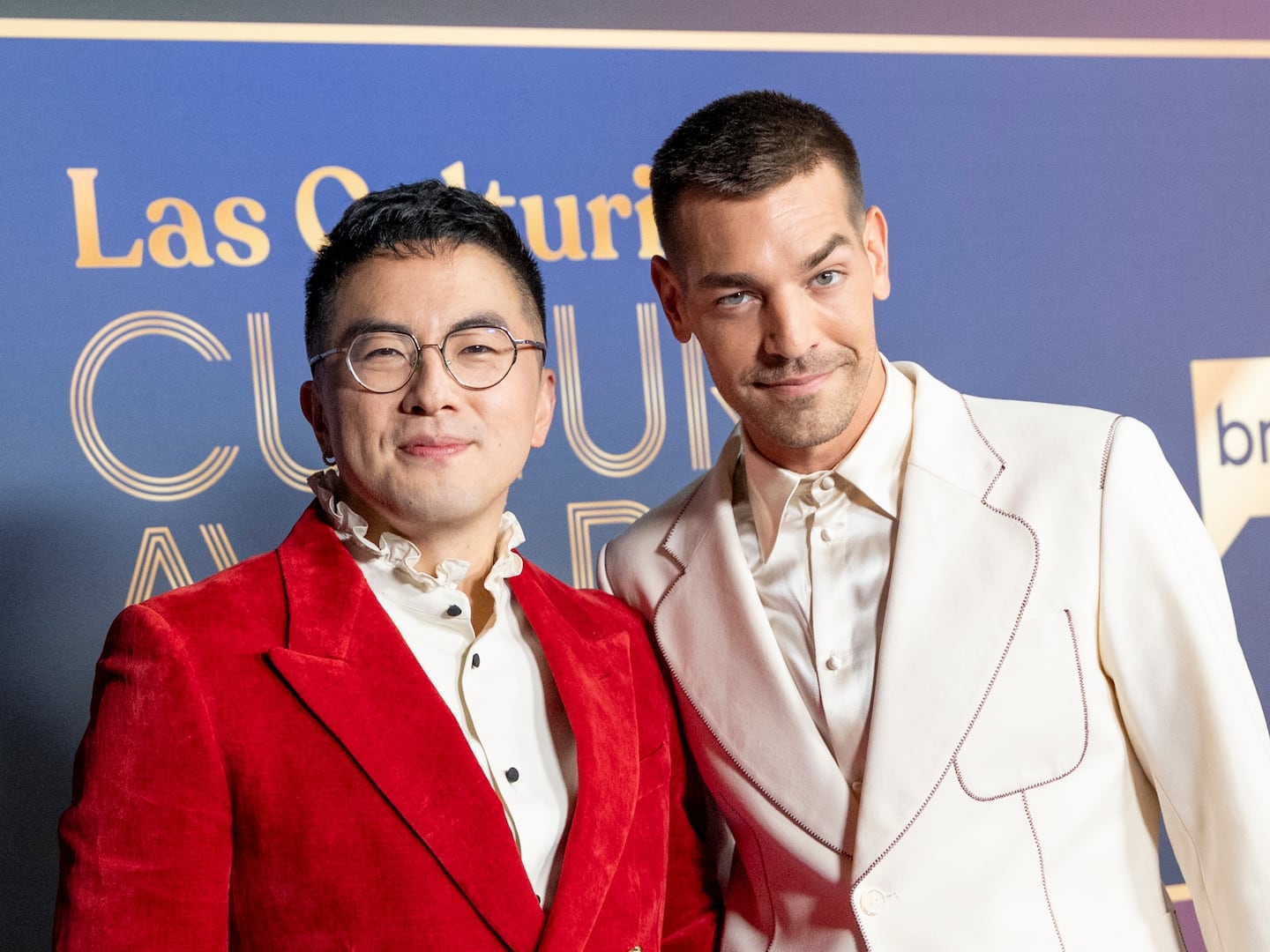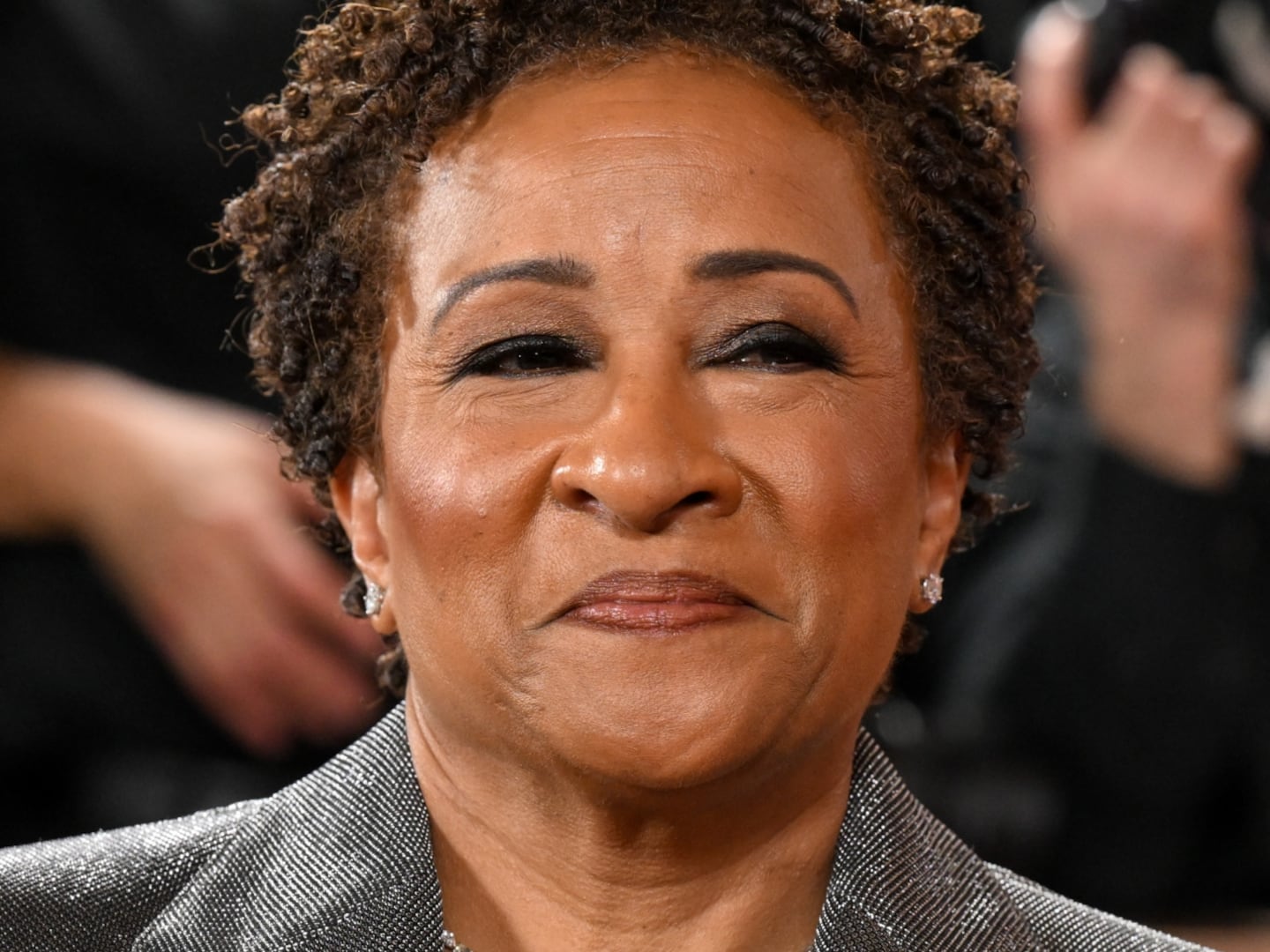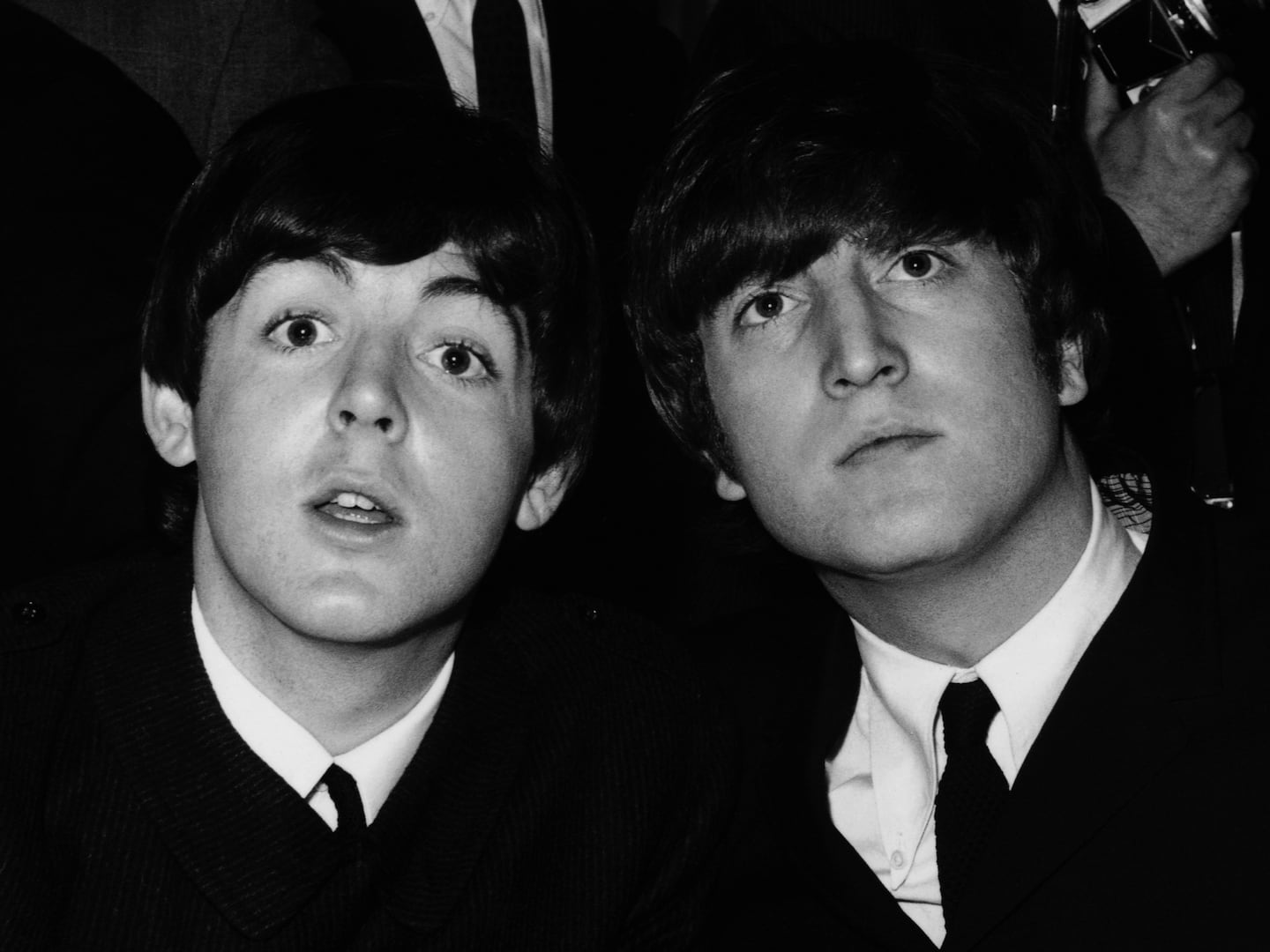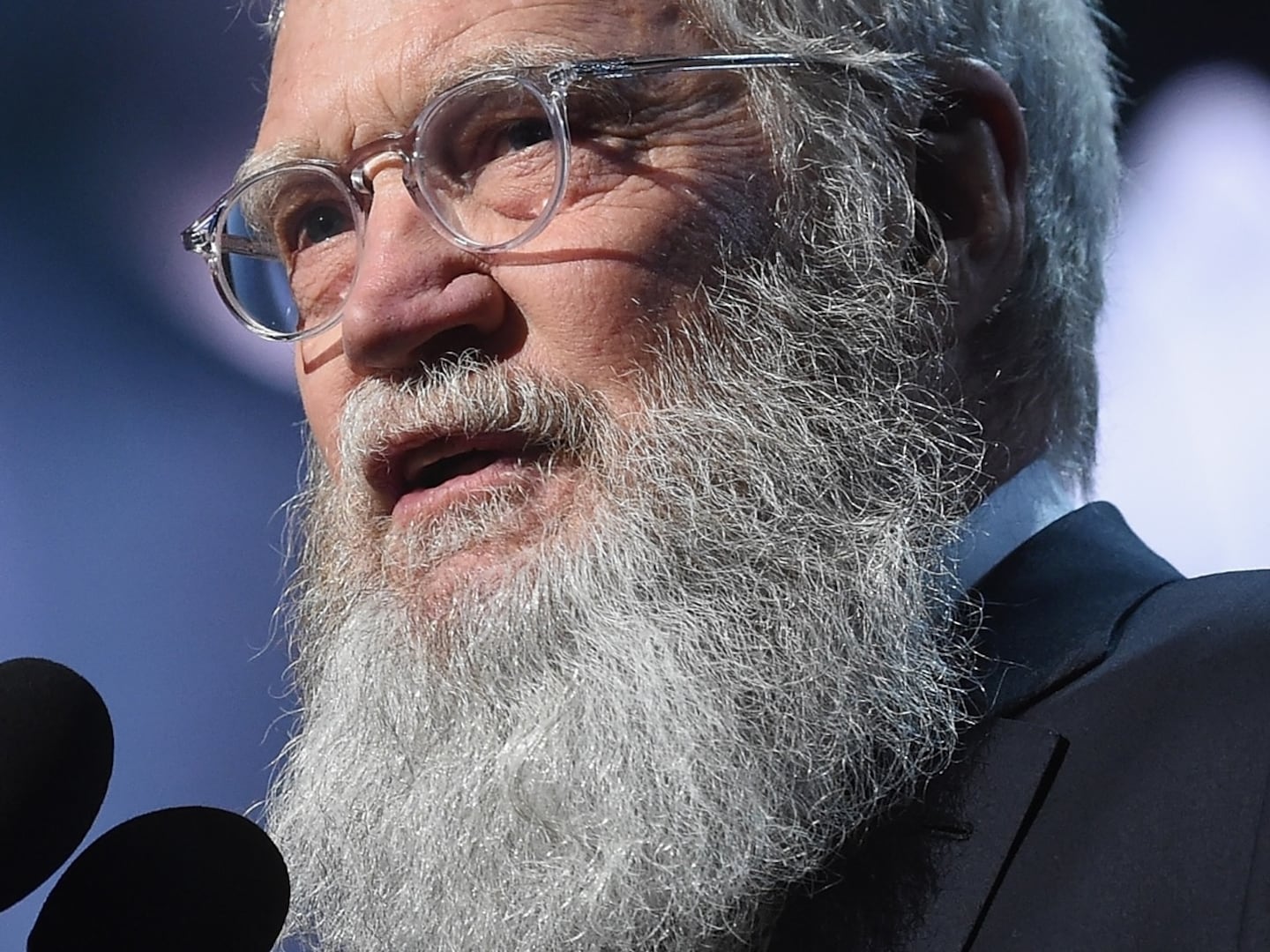Revisionist feminist fairy tales are nothing new, and Damsel finds scant ways to distinguish itself from the happily-ever-after pack. A tween fantasy that trades in familiar reversals, sloppy storytelling, and lots of girlboss posturing from headliner Millie Bobby Brown, director Juan Carlos Fresnadillo’s Netflix adventure, premiering Mar. 8, has its heart in the right place but little else, starting out competently and then slowly falling apart with each clumsy step along its Game of Thrones-lite path.
In a faraway land, princess Elodie (Brown) partners with doting sister Floria (Brooke Carter) to provide for her struggling kingdom. Alas, no matter how much wood they gather, they can’t alleviate the suffering that ravages their barren home. Upon returning from work one day, Elodie learns that her father (Ray Winstone) has signed a deal with the distant kingdom of Aurea, whose prince she’s to marry in exchange for gold that will put an end to their people’s misery. Elodie has dreams of exploring the world like her mother, who’s now dead and been replaced at her father’s side by her stepmother Lady Bayford (Angela Bassett), but since she’s an inherently selfless soul, the young woman agrees to this bargain and, along with her family, journeys to Aurea.
Damsel’s centuries-earlier prologue depicts a king and his knights facing off against a menacing dragon in a cave, and upon reaching the misty gates of Aurea, Elodie and company are greeted by two intimidating stone dragon statues with fire in their mouths. Once inside, things are far cheerier, given that this realm is sunshiny, opulent, and bountiful, all golden carriages, bowls of luscious fruit, and glittery gowns. Queen Isabelle (Robin Wright) is intensely welcoming and quickly introduces Elodie to her dashing husband-to-be Henry (Nick Robinson), who takes an immediate liking to his future wife. Henry is eager to see beyond the borders of his kingdom, and an impromptu horse ride through the hills and valleys surrounding the castle is shot by Fresnadillo with a sweeping vigorousness that suggests freedom, excitement and unspoken, thumping emotion.
Between the aforementioned statues, Isabelle’s somewhat phony demeanor, her private chat with Winstone’s King (which leaves him shaken), and Henry’s strange looks, Damsel doesn’t hide that something in Aurea is gravely amiss. Nonetheless, the film spends a third of its runtime on this set-up, to increasingly enervating ends. It picks up a bit once Elodie and Henry are betrothed and, later, he takes her to a mountain enclave where she’s compelled to participate in an ancient ceremony to keep the kingdom secure. This mostly involves slicing Elodie and Henry’s palms and mixing their blood, after which Henry tosses his bride off a bridge and down a dark, scary pit. Alone and frightened, she deduces—albeit not as swiftly as audiences will—that she’s the last of three sacrifices to the angry dragon, who’s apparently agreed to cohabitate with humans if offered these royal maidens.

Ray Winstone as Lord Bayford and Angela Bassett as Lady Bayford
John Wilson/NetflixDown in this hole, Elodie must repeatedly run for her life as the dragon (voiced by Shohreh Aghdashloo) hunts her as prey. Along the way, she finds various trinkets that indicate she’s not the first to fall victim to this fate, and she also manages to locate a collection of tunnels, crevices, and passageways that allow her to avoid the fiendish beast. She’s a cagey and determined fighter, and a speedy one too, able to outrun fire on multiple occasions. That’s as convenient as her discovery of small glowing bugs that she uses as lanterns and which have amazing healing properties—perfect for the burns on her leg and arm. A cat-and-mouse game ensues, much of it shot with the aid of semi-obvious green screen effects that make the proceedings feel insubstantial and artificial.

Robin Wright as Queen Isabelle
John Wilson/NetflixDamsel is a paint-by-numbers twist on a stock formula, with Elodie demonstrating that, even in distress, she’s fully capable of saving herself, her loved ones, and her people—a process that’s reflected in the destruction and repurposing of her fancy wedding dress for survivalist and combat ends. Still, that’s no excuse for a series of plot points that make no logical sense, be it Elodie’s discovery of a cave wall map that points the way to freedom (what, did a prior doomed princess return to complete it?), corpses that haven’t decomposed after hundreds of years, rescuers risking life and limb despite having no reason to think Elodie remains alive, or unexplained visions that magically grant the heroine the very information she needs to stay alive.
The film doesn’t have to be realistic but there’s no need for such shoddiness, which mainly seems to be the byproduct of director Fresnadillo and writer Dan Mazeau assuming that kids won’t notice these illogicalities and parents—simply relieved that their offspring are temporarily distracted—won’t care.
Damsel employs typical progressive switcharoos, so that the handsome prince is a callous coward, the stepmother is kind and supportive, and the malevolent dragon is a sympathetic victim of the same cruelty leveled at Elodie. More than 20 years after Shrek playfully dismantled fairy tales, however, there’s not much verve to the material’s flip-flopping. On the action front, Fresnadillo stages his man-vs-monster showdowns with enough squishy gruesomeness to entice adolescents. Yet he’s incapable of pulling off the vital trick of making it appear like Elodie is ever in mortal danger; thanks to the numerous shortcuts taken by Mazeau’s clunky script, the climax always feels safely preordained.
Despite once again failing to build upon the promise of her career-making turn in Stranger Things, Brown is perfectly serviceable as the noble and true Elodie, and it’s nice that Winstone, Bassett, and Wright get to introduce themselves to a young generation of viewers by participating in what is clearly a for-hire project. What’s missing, alas, is a sense of grandeur or originality that might elevate this perfunctory saga. Following middle passages spent on Elodie doing a tween Schwarzenegger-in-Predator routine—which sounds considerably more fun than it is—Damsel resorts to the easiest and most predictable conclusion available, thereby illustrating that for all its purported revisionism, it’s merely a new kind of clichéd feel-good fable.






